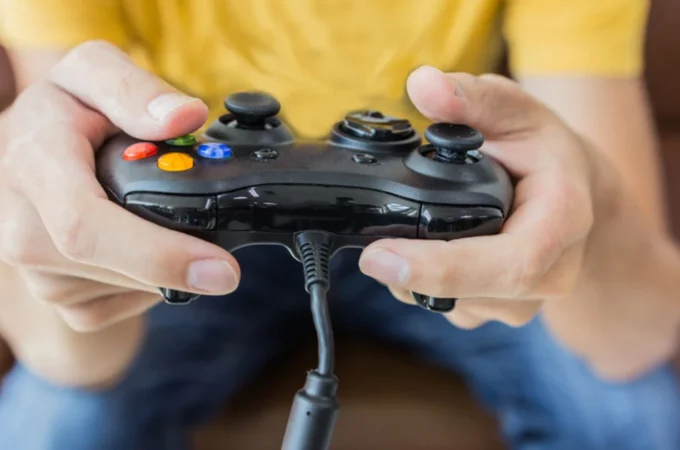
4 Tips for Dealing with Addiction Triggers
Addiction recovery is an ongoing process—you will have to constantly and continuously work on staying in recovery even after completing rehab. This also means that addiction triggers are something that you will have to deal with for the rest of your life, and not knowing how to properly manage these triggers can lead to a relapse of addictive behaviors. Regardless of whether you’ve entered a Miami drug rehab or somewhere else, many facilities provide aftercare support such as therapy and professional addiction counseling to help patients maintain their recovery.
It is important to know that in spite of these precautions, relapse is a fairly normal occurrence with some 40% to 60% of patients experiencing it at some point of their recovery. If you have a relapse, it means that you are experiencing a temporary setback to your sobriety and not that your treatment has failed. Get help as soon as possible, and take note of these tips to help you deal with future addiction triggers and prevent another relapse episode.
Tip 1: Know Your Triggers and Vulnerabilities
Substance abuse often begins as an unhealthy stress coping mechanism. Being exposed to stress triggers the need to use drugs or drink alcohol as a way to soothe the agitation you are experiencing. Emotions such as anger, fear, and sadness are part of normal human experience, but these can also be internal triggers for those who suffer addiction.
Having trauma, mental illness, or chronic illness can also make you more vulnerable to triggers as these conditions can contribute to stress and weaken your physical state. It is best to continue to get treatment to address these issues and ensure that you are physically and mentally stable.
Tip 2: Avoid Triggers whenever Possible
Certain people and situations can also serve as addiction triggers. Being in a bar or attending a party where drinks are served makes it easy to access alcohol and be influenced by the behavior of those around you, so it is best to avoid these settings in the early stages of recovery. You may be able to revisit these settings later when you are more confident about your ability to deal with triggers, but being able to put yourself in these situations is not an indication of your recovery.
It is also recommended to discontinue relationships with people who exhibit substance-abusive behaviors, especially if they are the same people you used to do these bad habits with. Emotional connections may be difficult to break but it is important to acknowledge that these relationships are detrimental to your health. Know your boundaries and do what is necessary to enforce them.
Your living conditions can themselves be a trigger, particularly if there are members of your household who also exhibit addictive behaviors. In such cases, consult your addiction counselor about moving into a sober living home after undergoing rehab. Sobriety communities play an important role in the recovery process, especially in cases of serious addiction. Joining weekly meetings are helpful, but if your living situation presents addiction triggers, living in a community that supports your sobriety offers a better chance of staying in recovery.

Tip 3: Have an Action Plan Ready
Even if you know all your triggers and take the necessary measures to avoid them, addiction triggers can come from unlikely sources and in unexpected situations. Protect yourself by having a plan for what you should do during and after a triggering situation. It may also be helpful to have a plan for what you should do if you do relapse. Work with a counselor to develop this action plan while still in rehab, and start practicing techniques to help you stay grounded. You might try breathing exercises and meditation to improve mindfulness and remind yourself that you are in control of the situation. You can also use grounding techniques that require you to identify things you can hear, see, smell, and touch as this activity helps to take your mind off the trigger.
The support of family and friends is important to your recovery. Make sure that you have people who know your action plan, and let them know if you are struggling. They can help you work through a trigger response, remove you from a triggering situation, or help you get back on track after a relapse.
Tip 4: Stay Busy with Healthy and Productive Activities
Being on guard against addiction triggers is a 24/7 job, but a life in recovery also means making better choices when it comes to friends and hobbies. What you do to fill your time and who you spend time with all have an impact on your recovery. Boredom and loneliness can also be triggers for addiction, so it helps to engage in positive activities and surround yourself with people who support your sobriety.
If you have a relapse or feel very close to doing so, seek help immediately. Even if you make a mistake and have a relapse, you can correct your path and get back on track to recovery.




